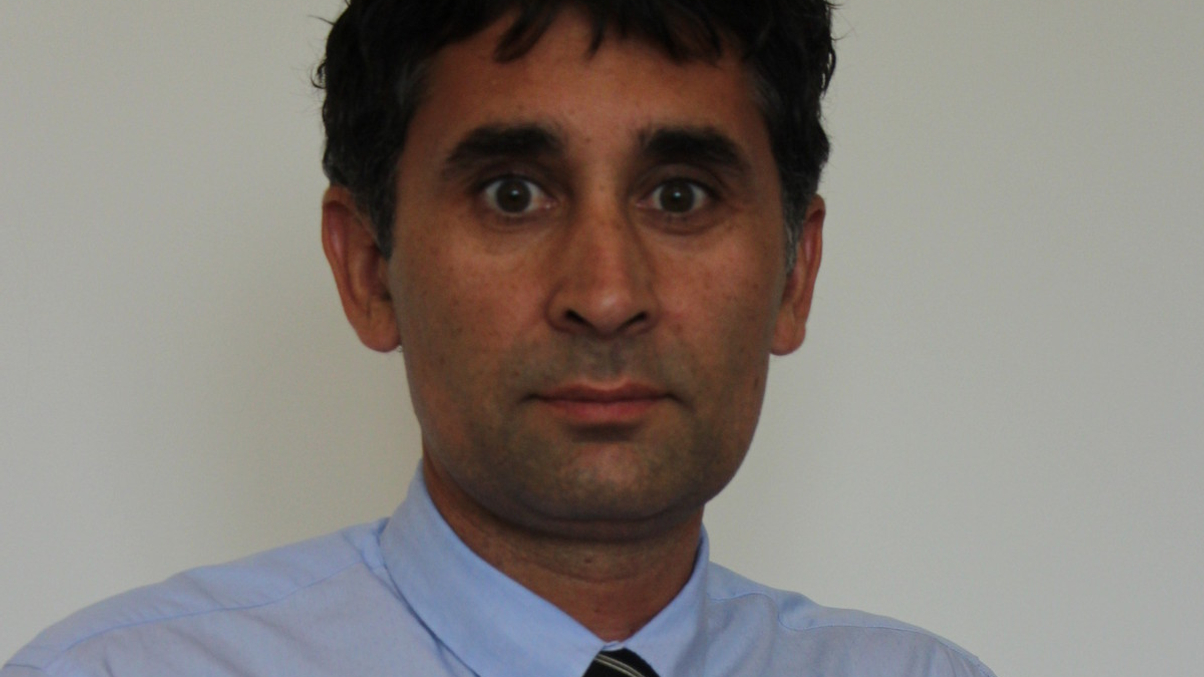Aviva's IFA platform signs automation deal
Navigator, Singapore's second largest fund distribution platform, will use Calastone's system to automate fund orders, and is pushing asset managers to go down this route.

Navigator, a Singapore-based fund distribution platform for financial advisers (FAs) that is owned by UK insurer Aviva, has reached a point that it feels automation is needed to ease operational and cost pressures.
Sign in to read on!
Registered users get 2 free articles in 30 days.
Subscribers have full unlimited access to AsianInvestor
Not signed up? New users get 2 free articles per month, plus a 7-day unlimited free trial.
¬ Haymarket Media Limited. All rights reserved.


